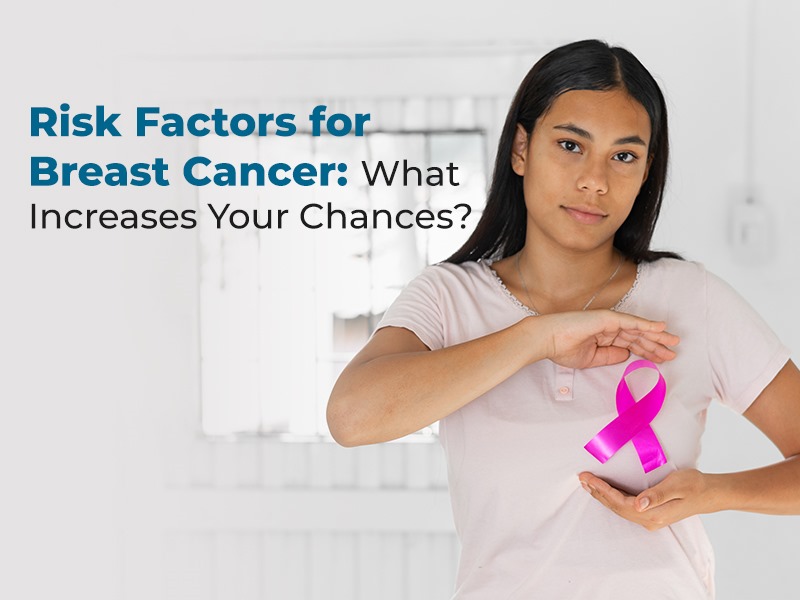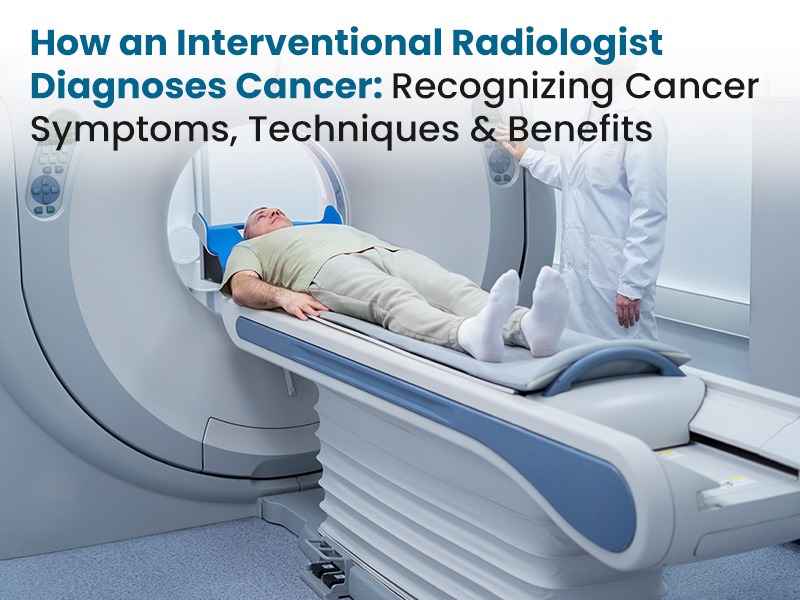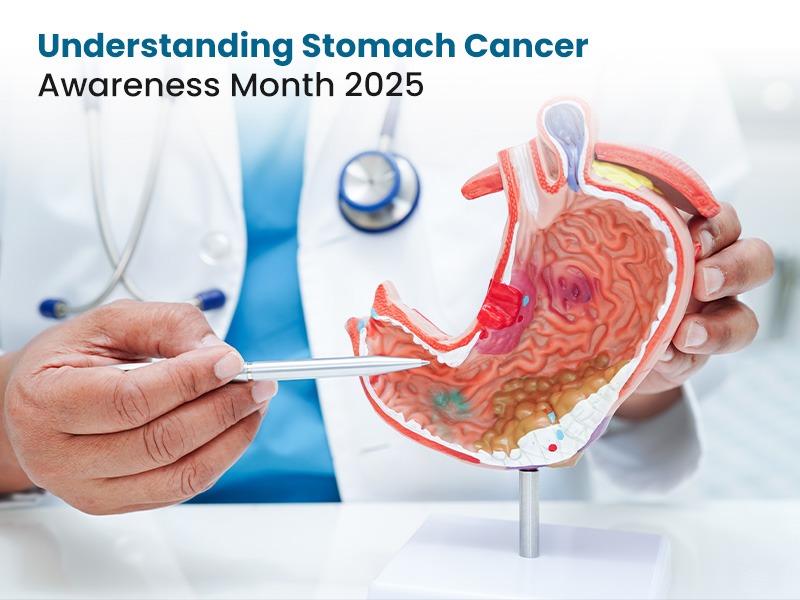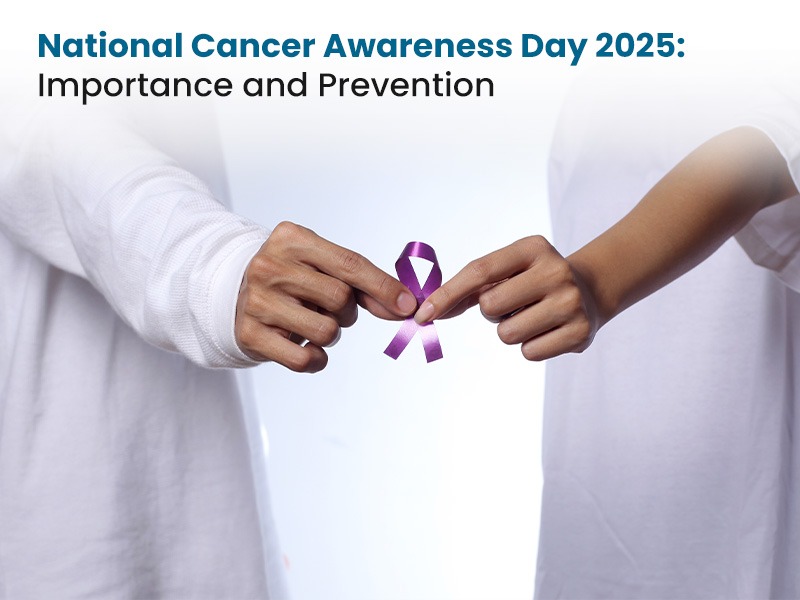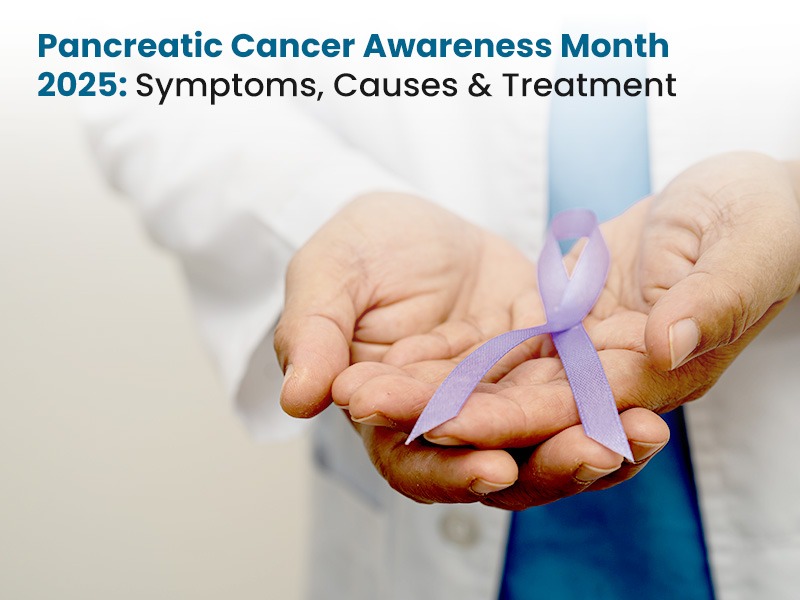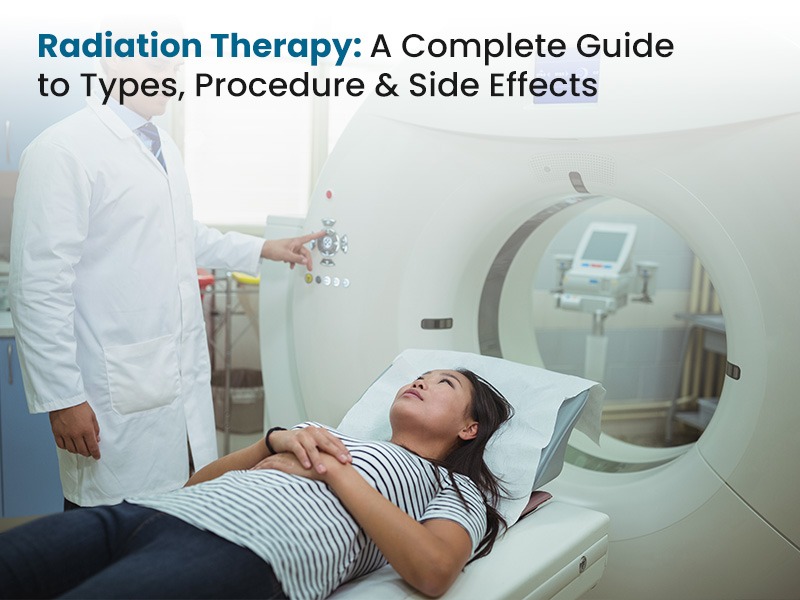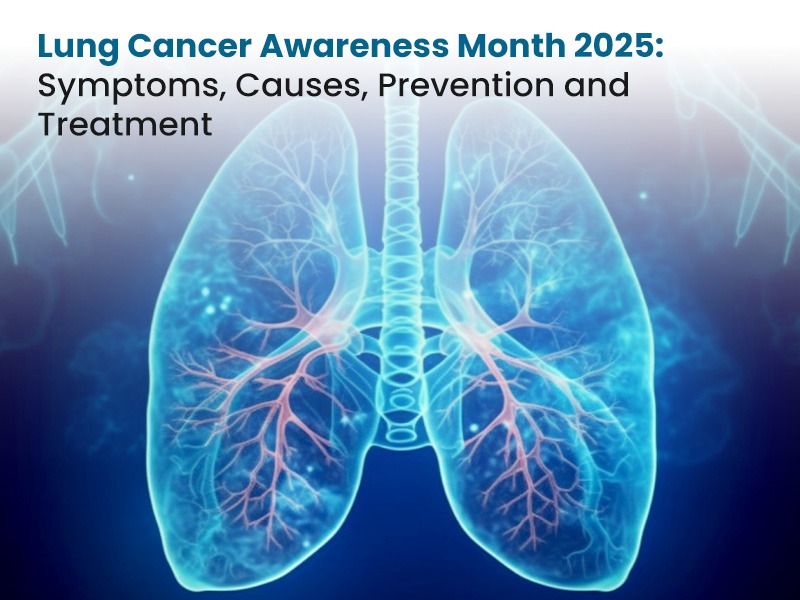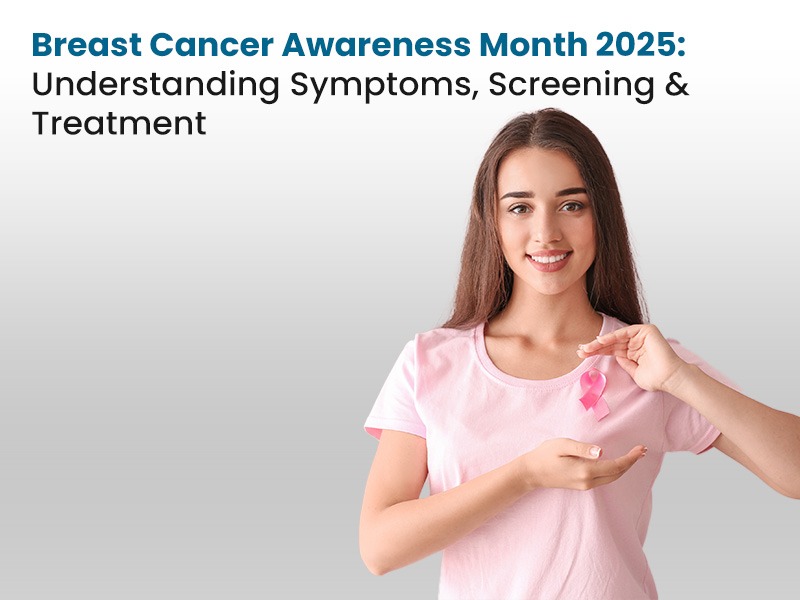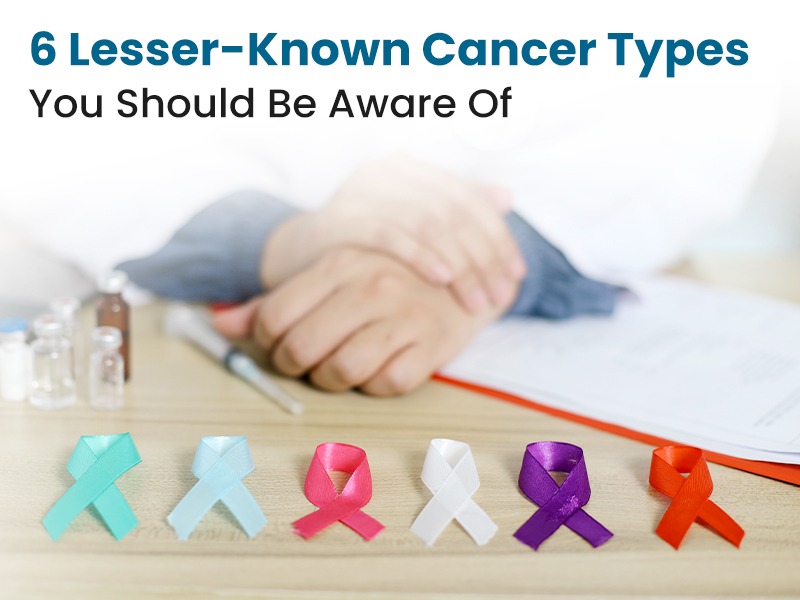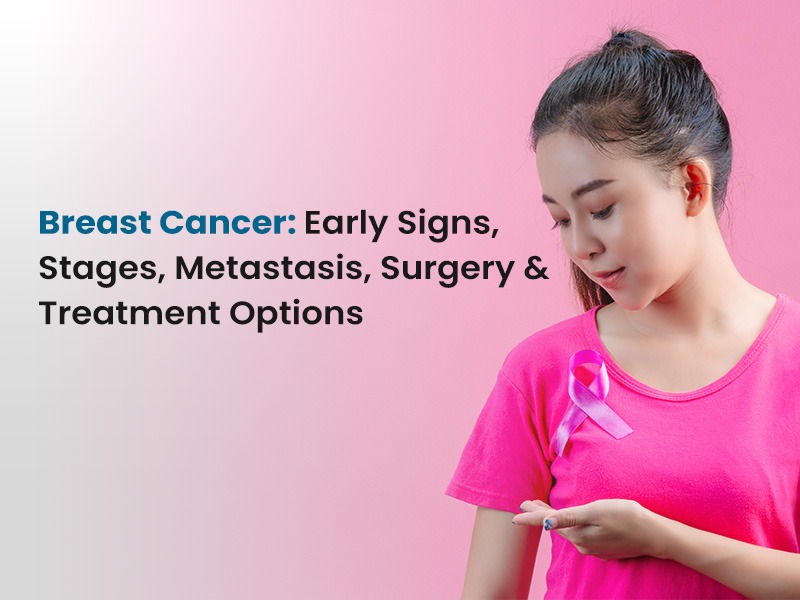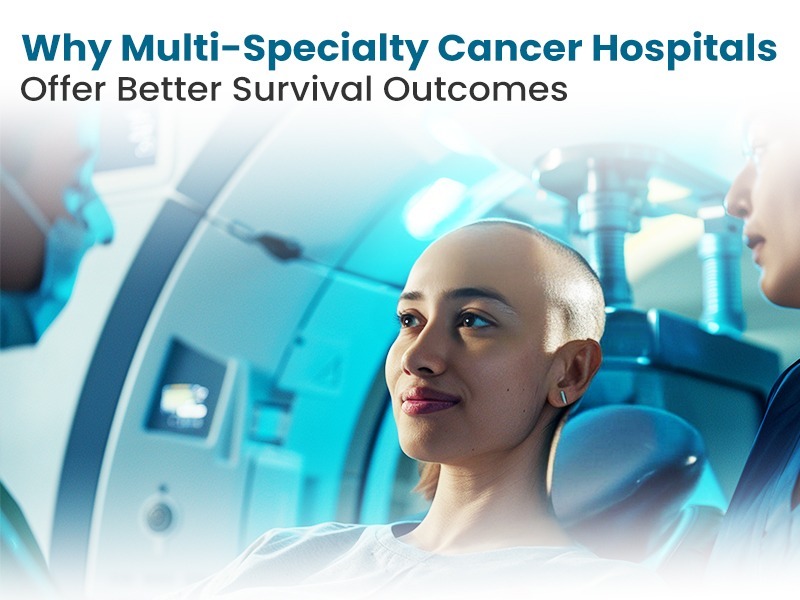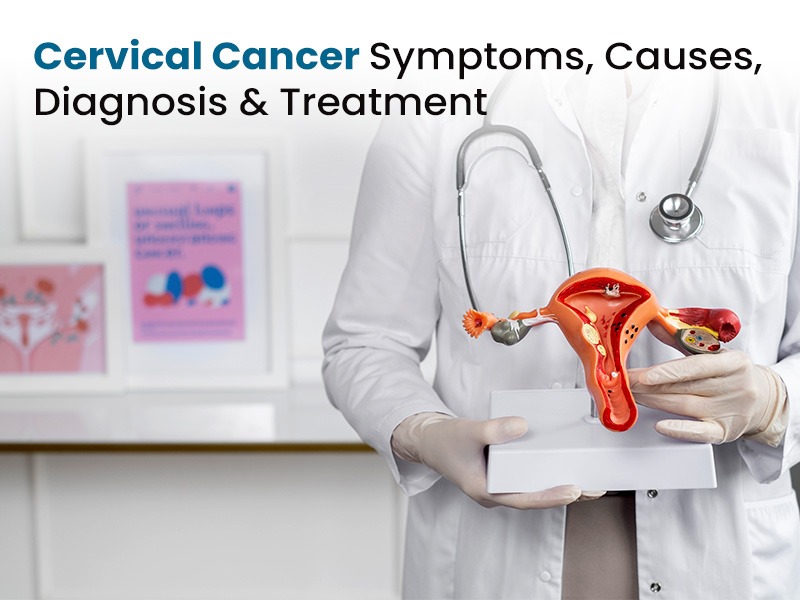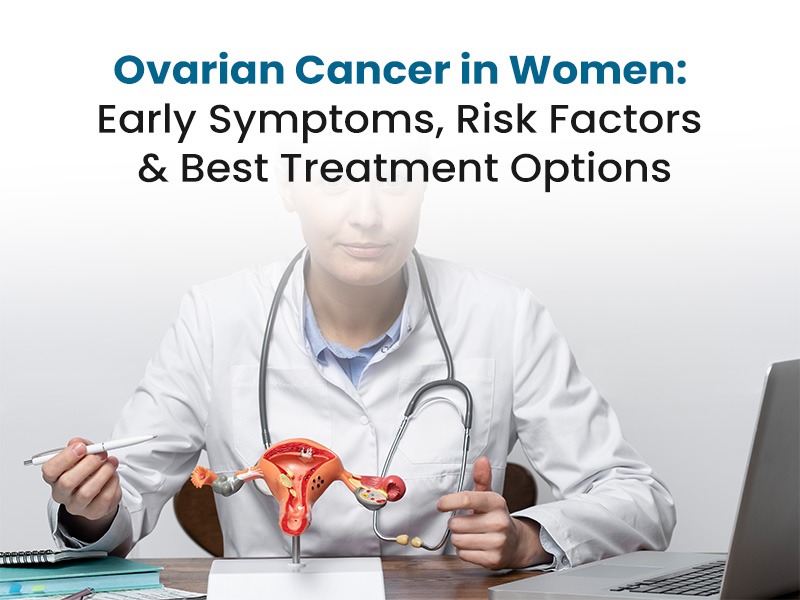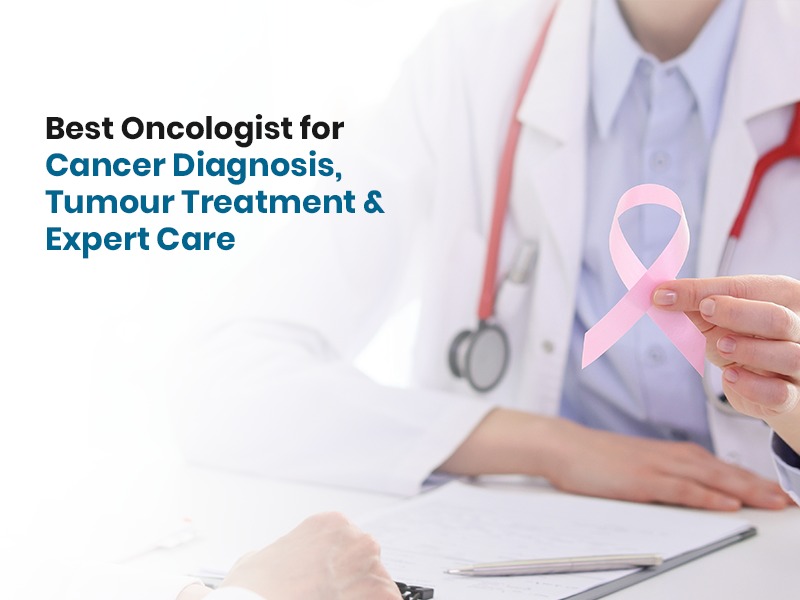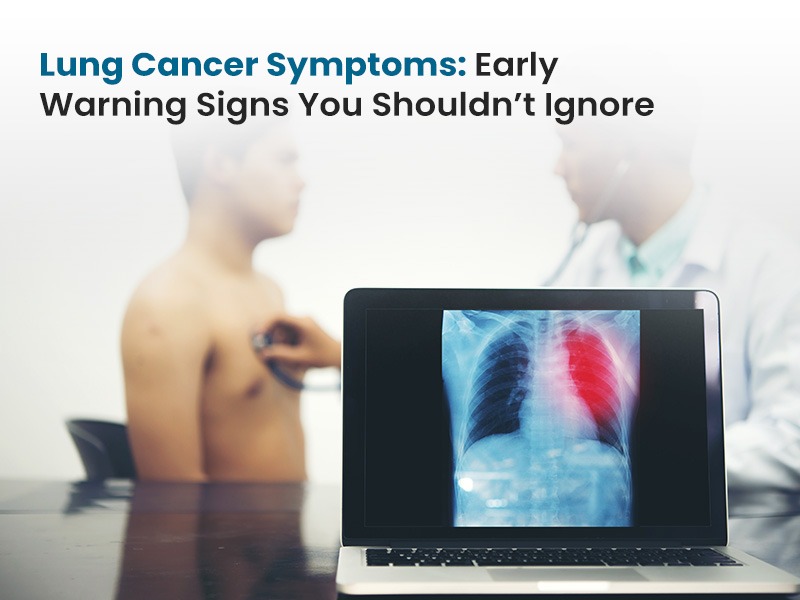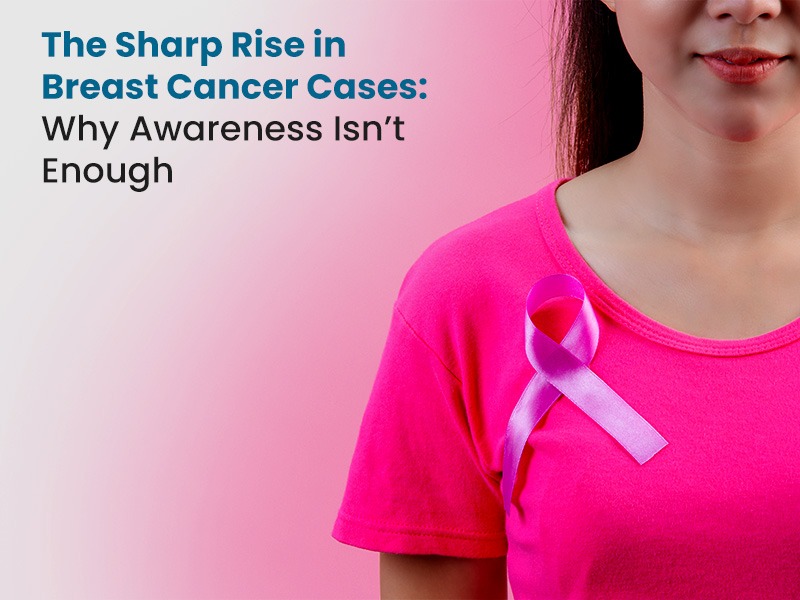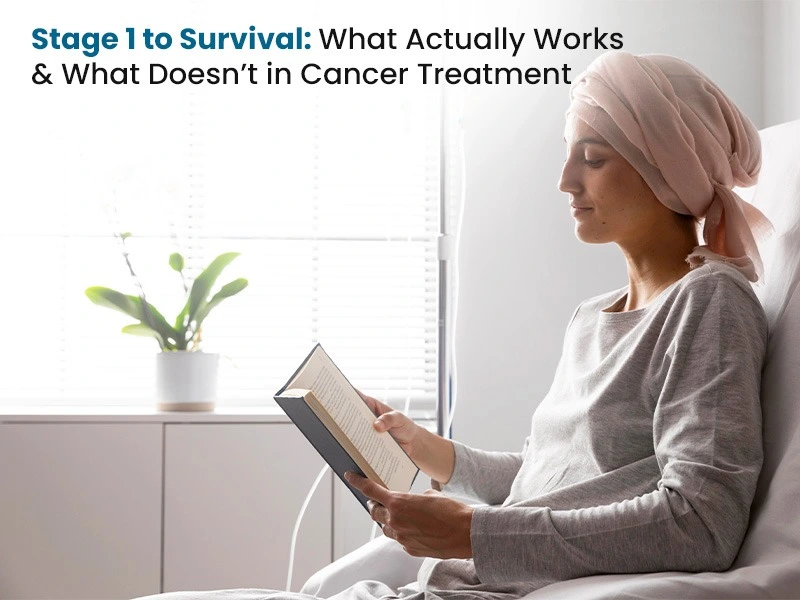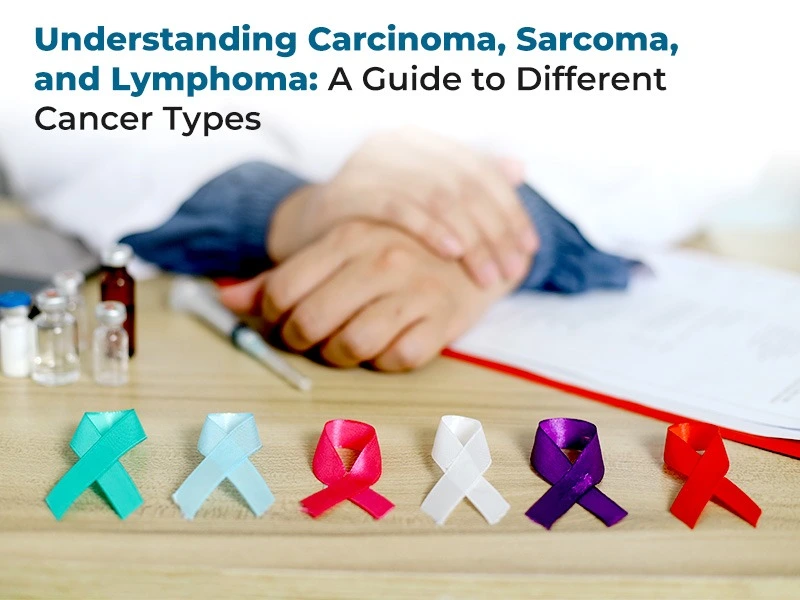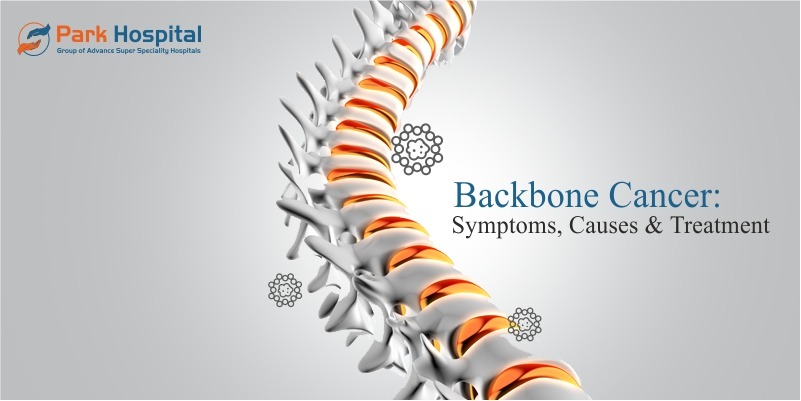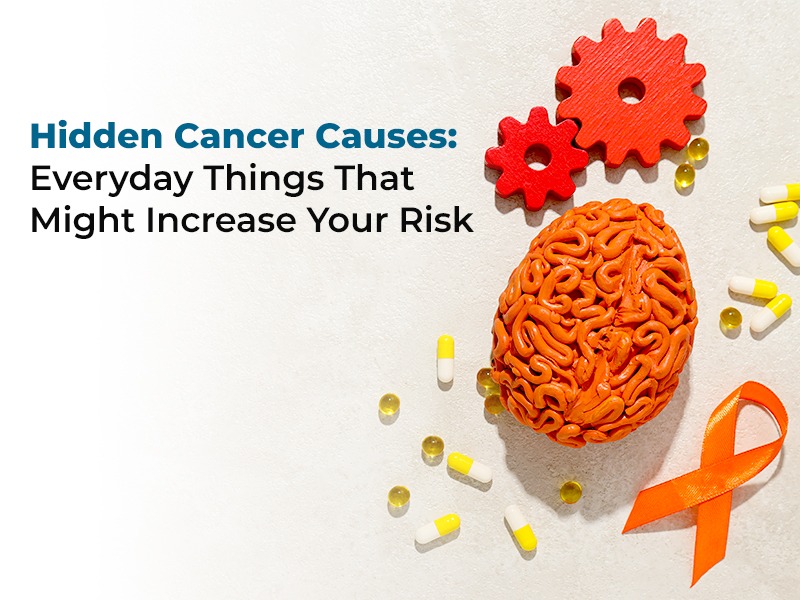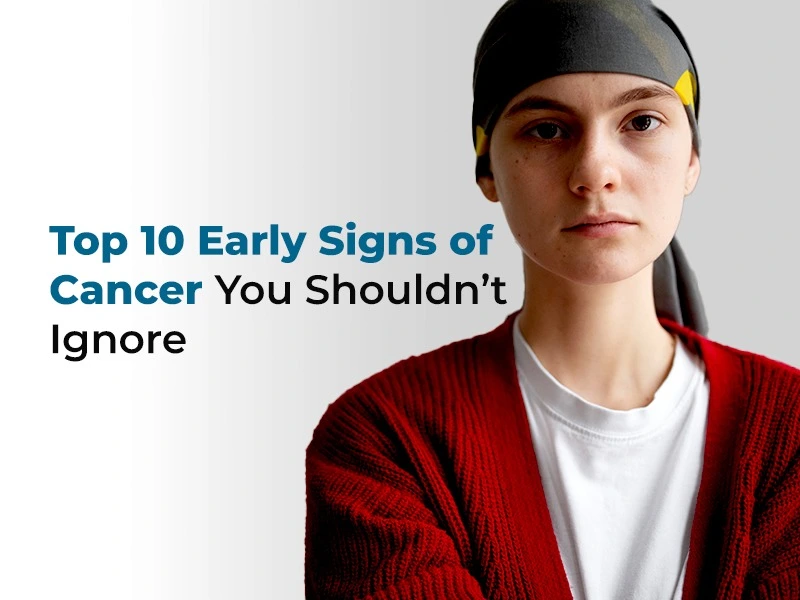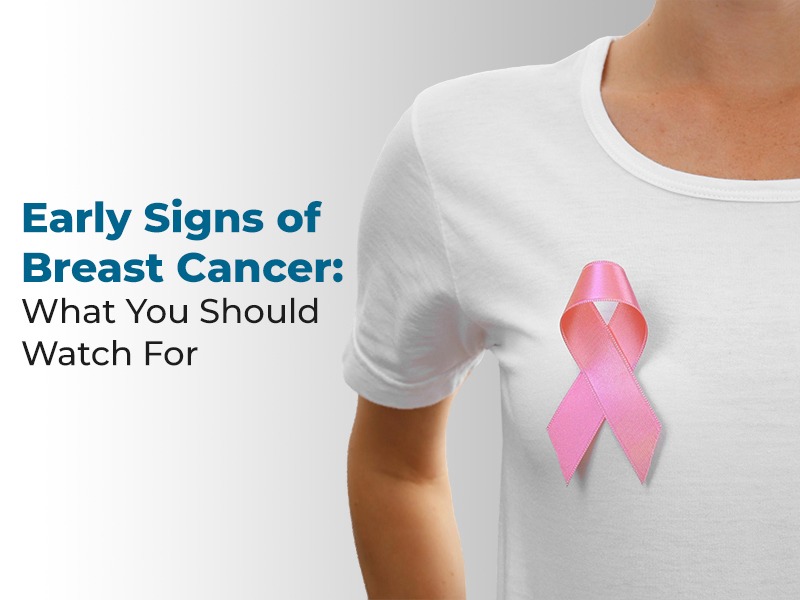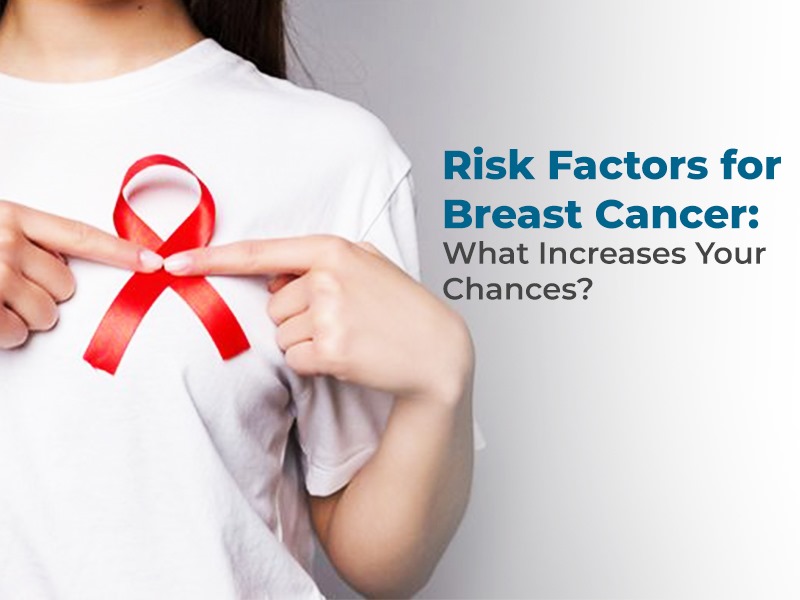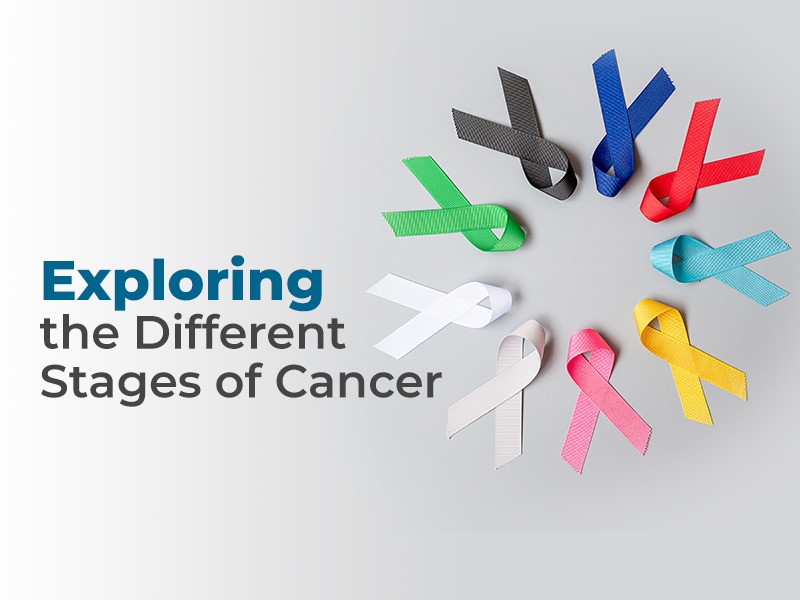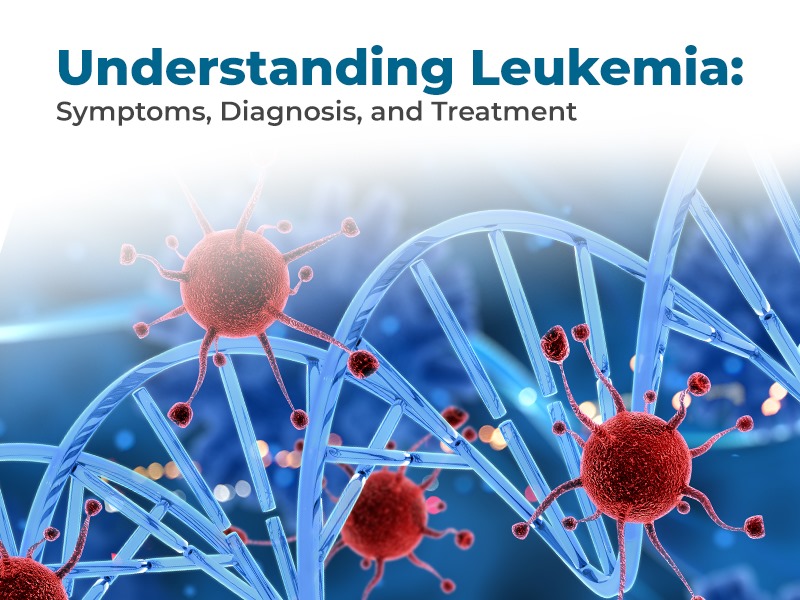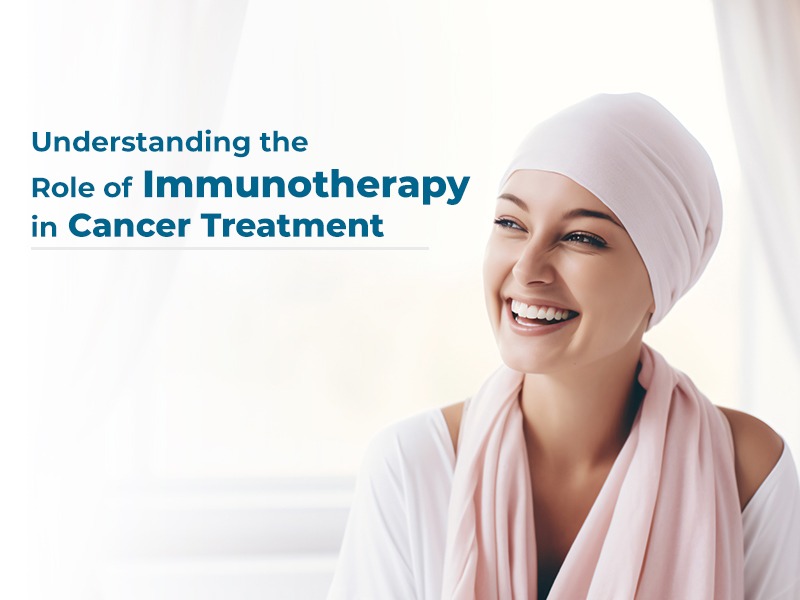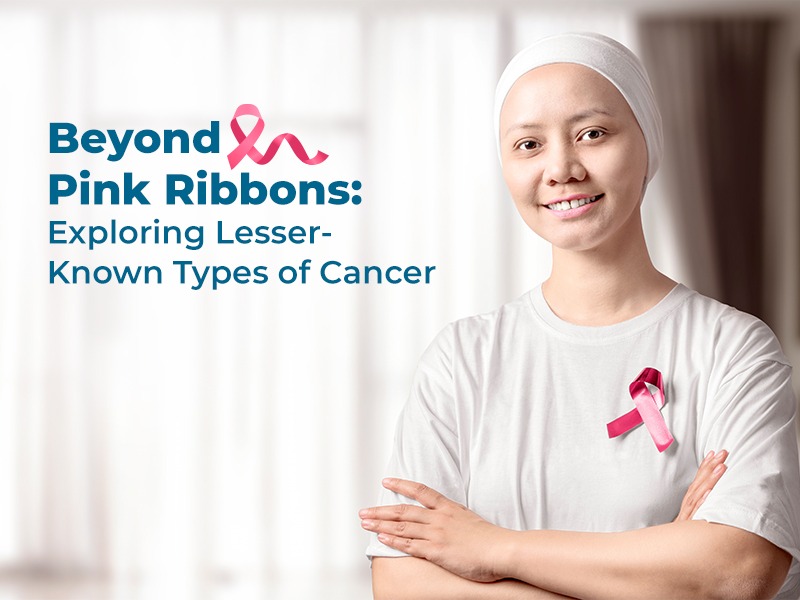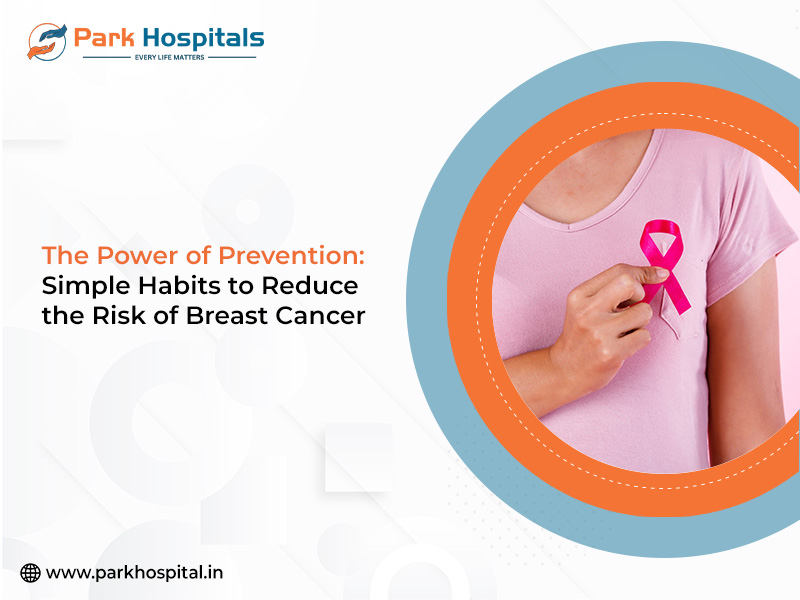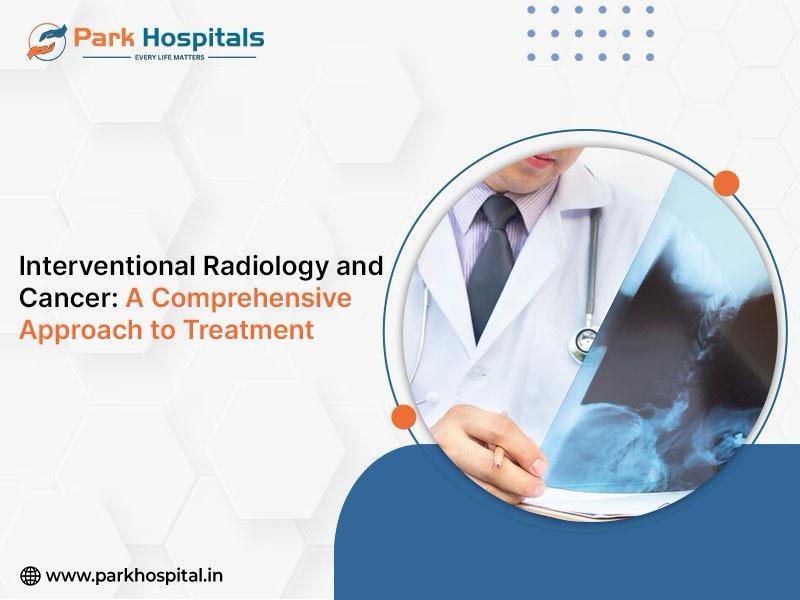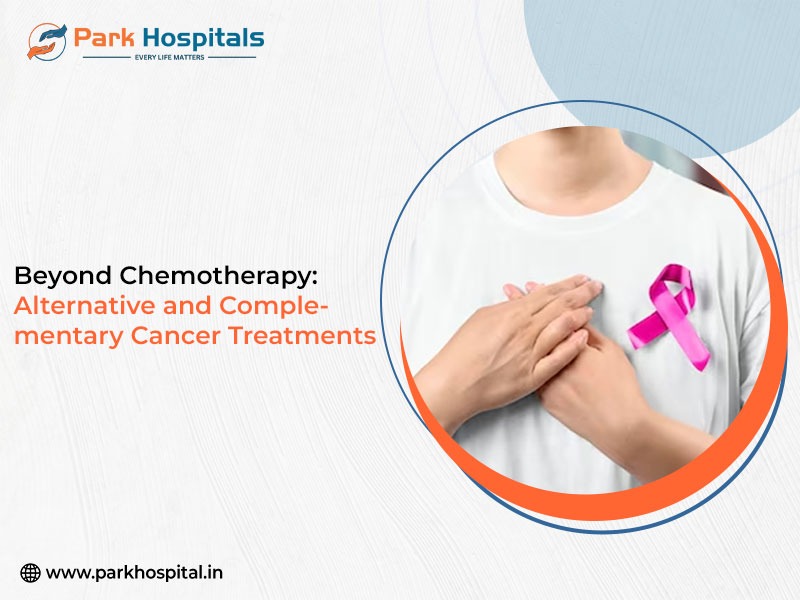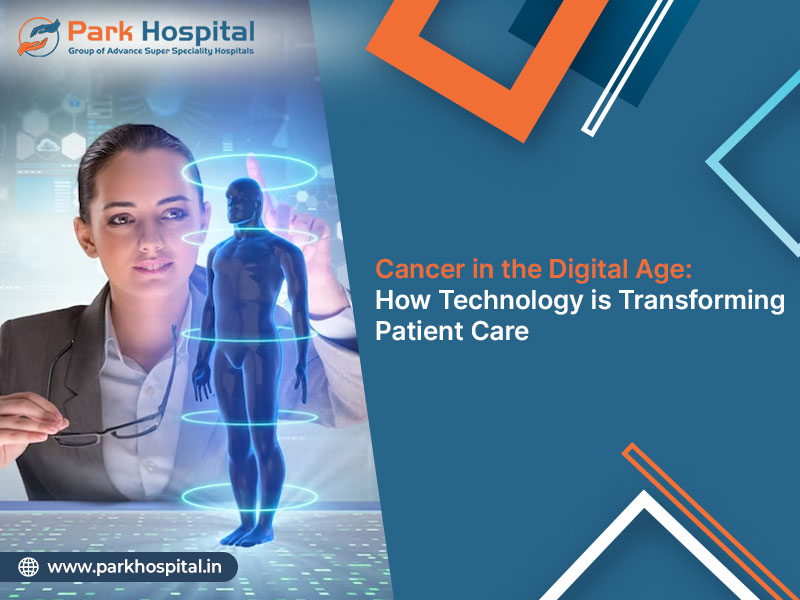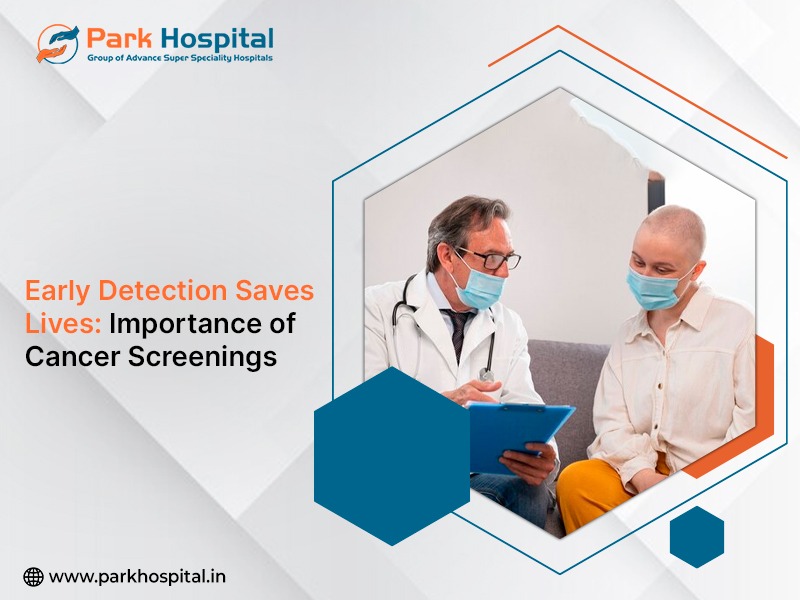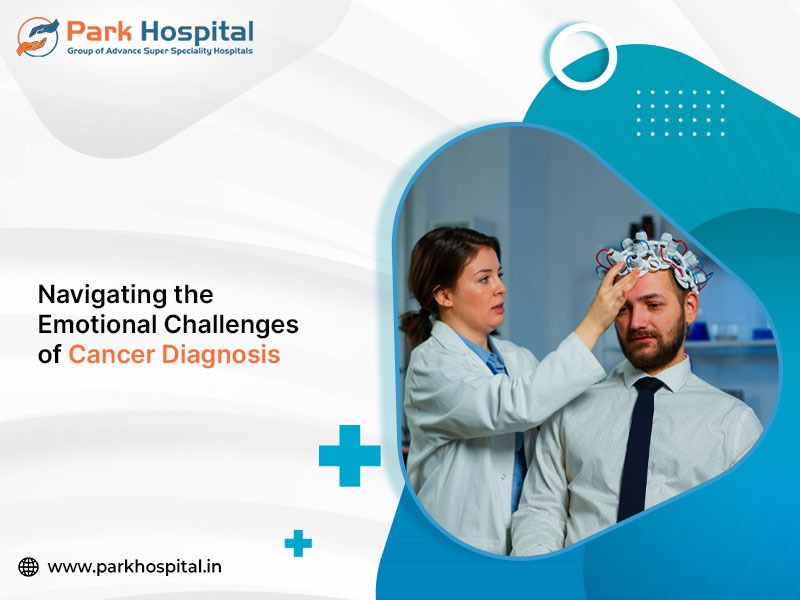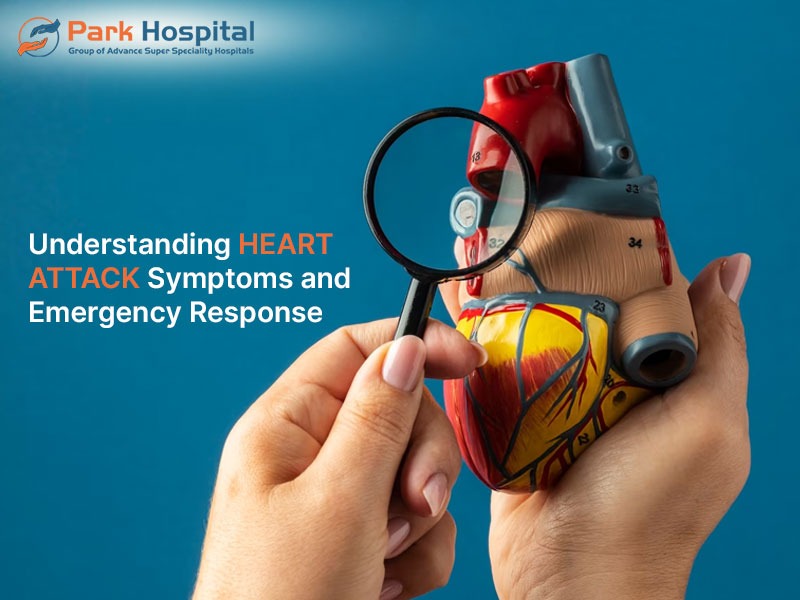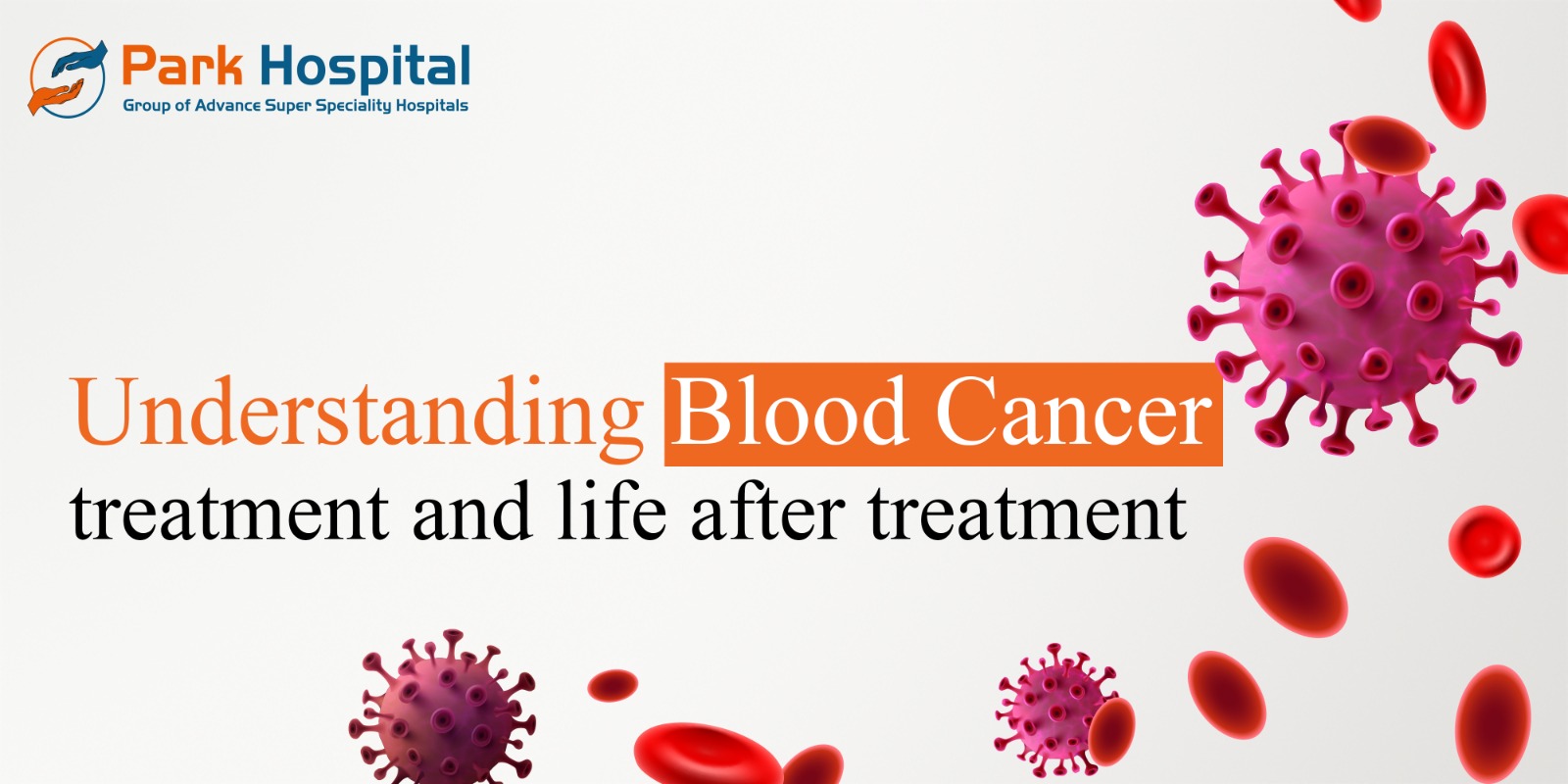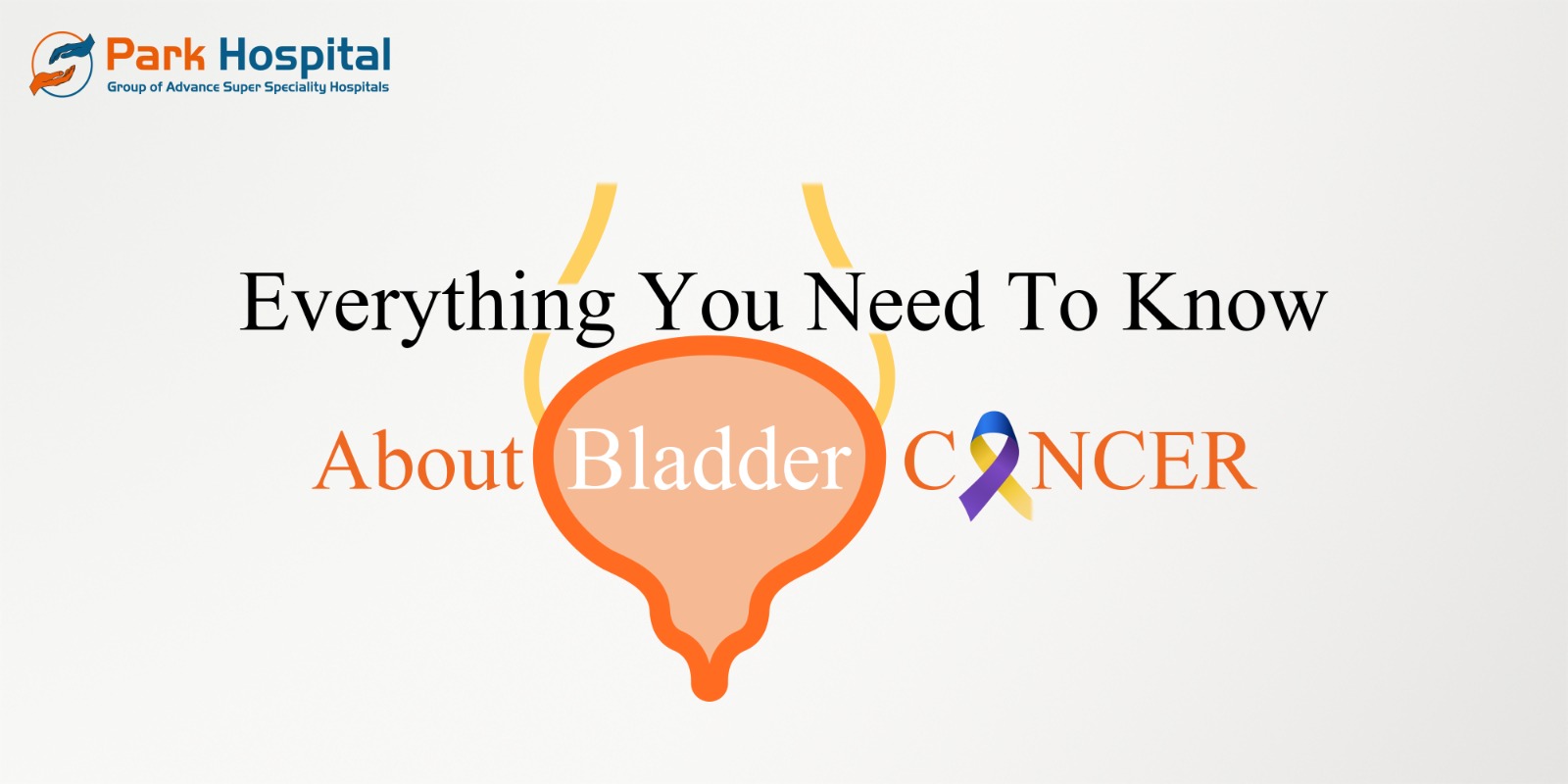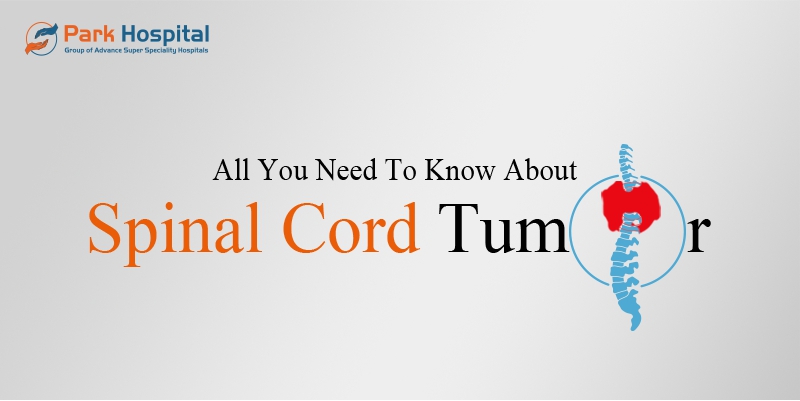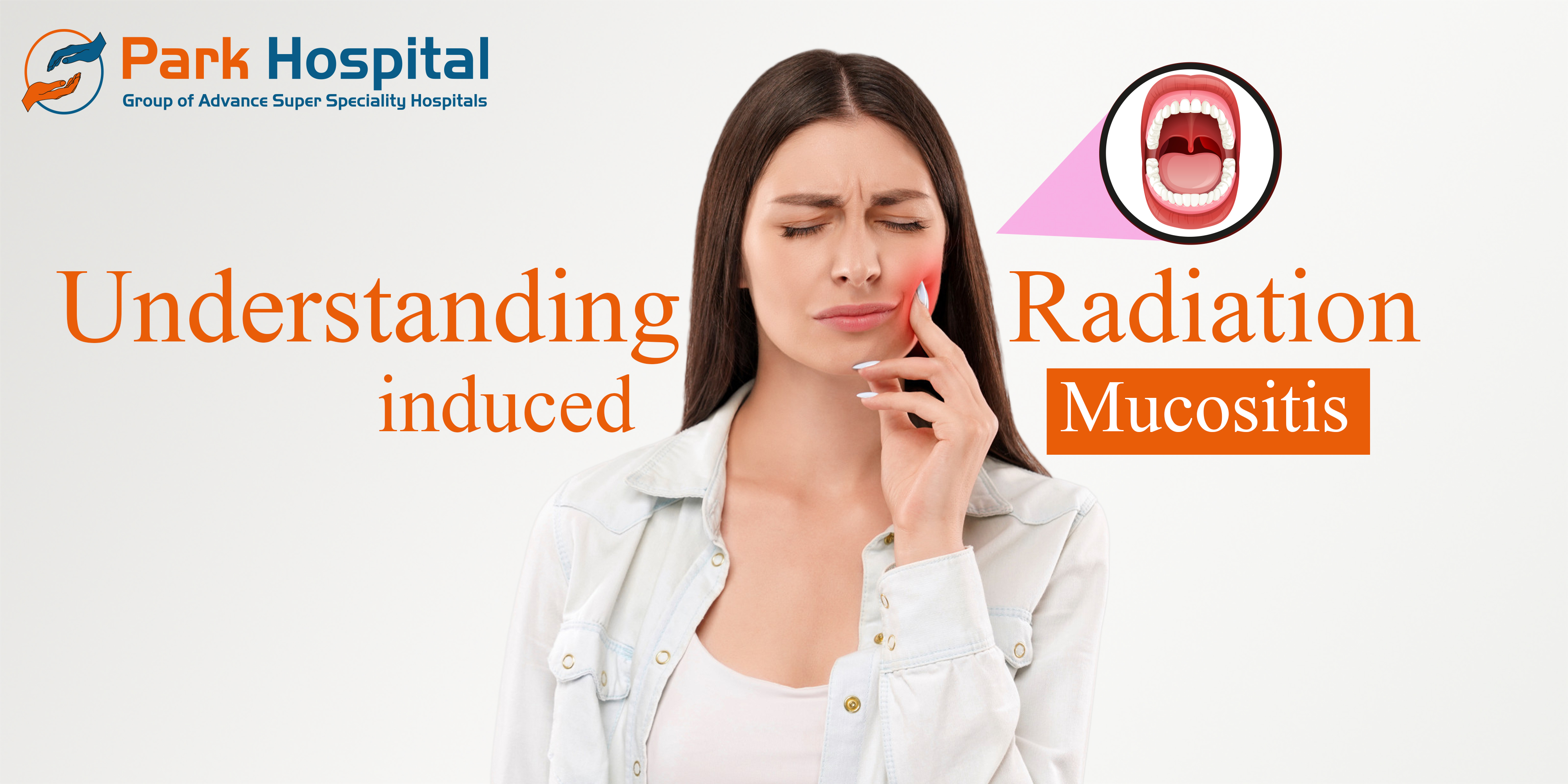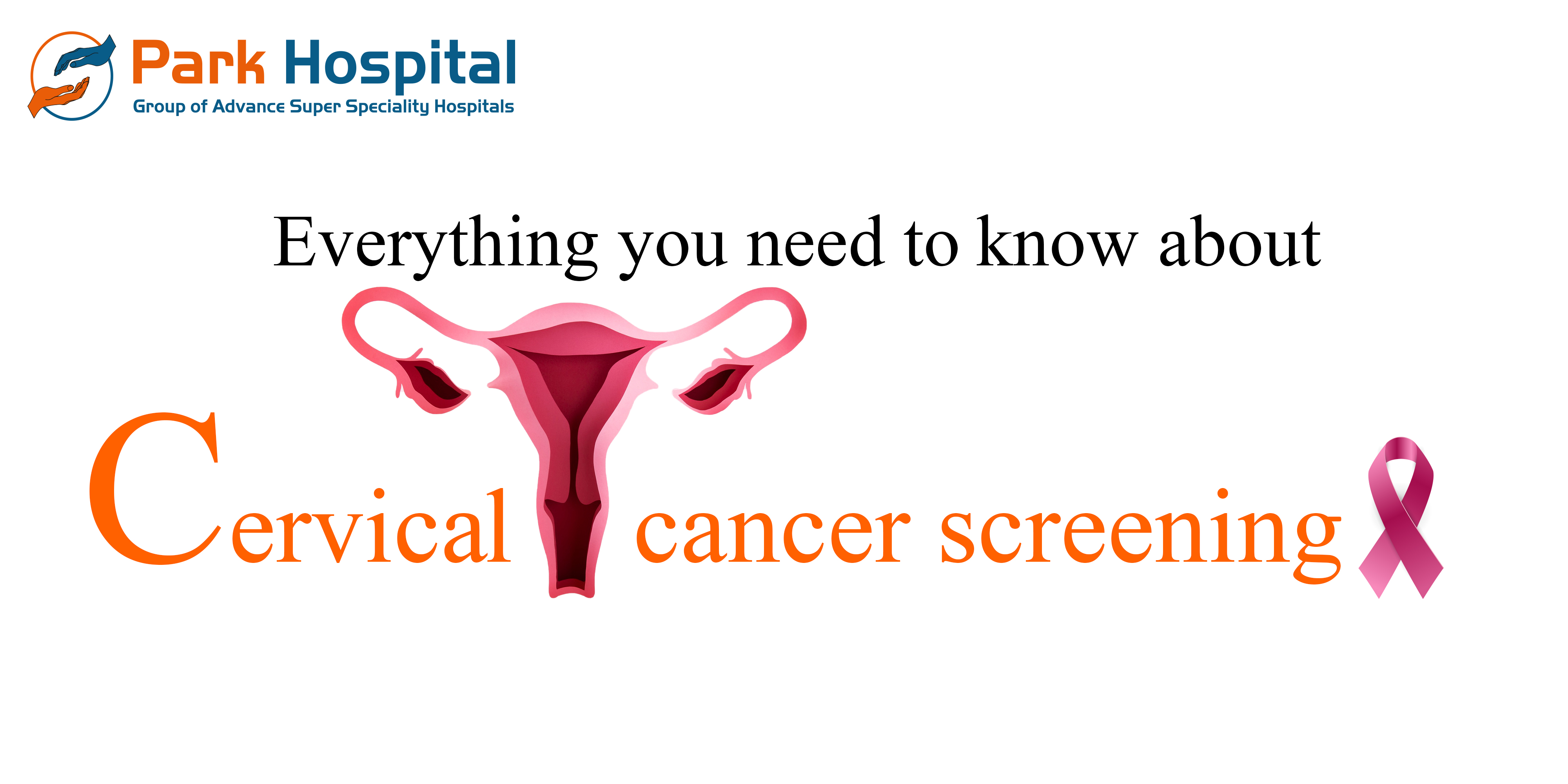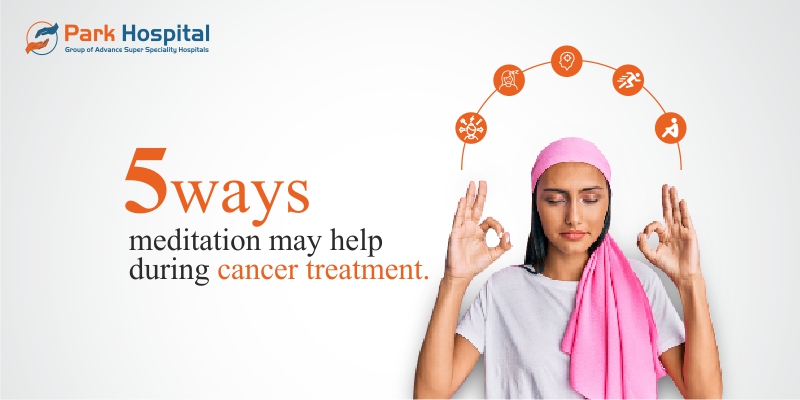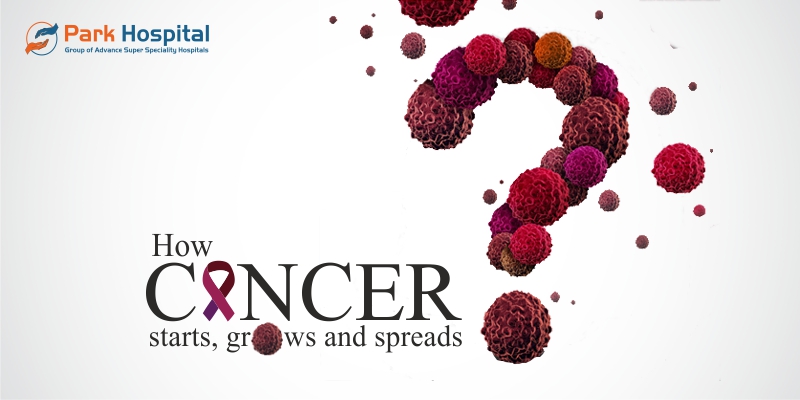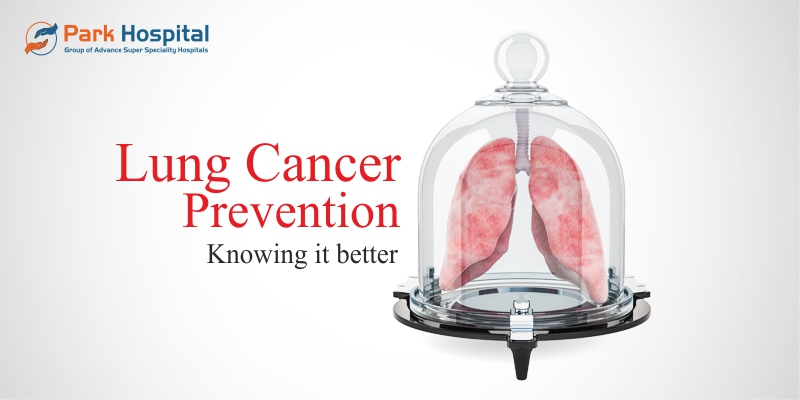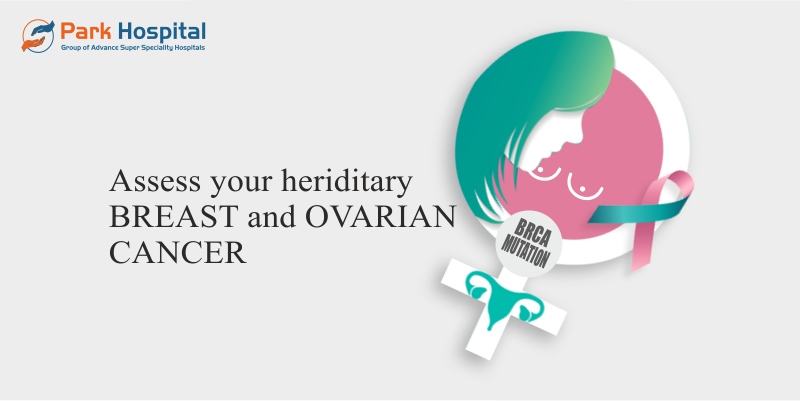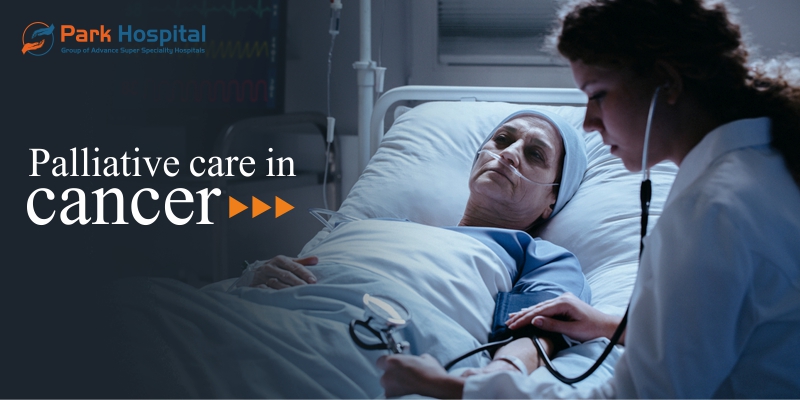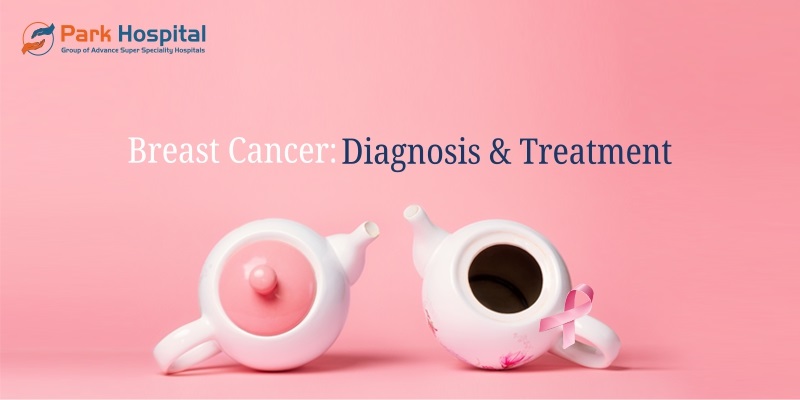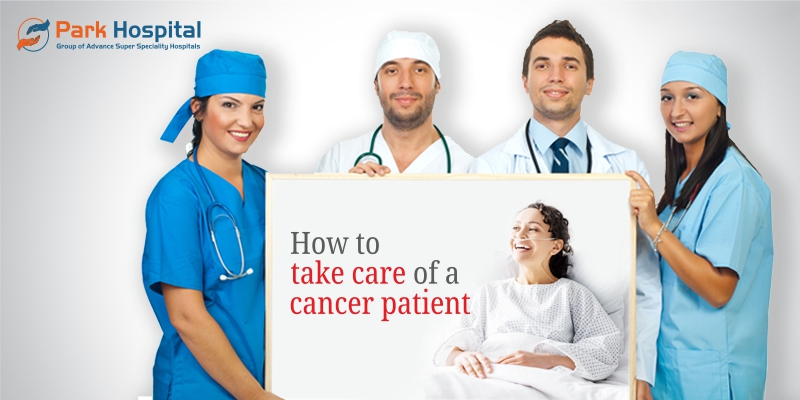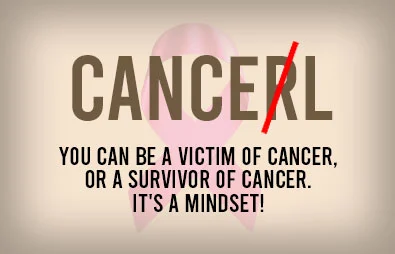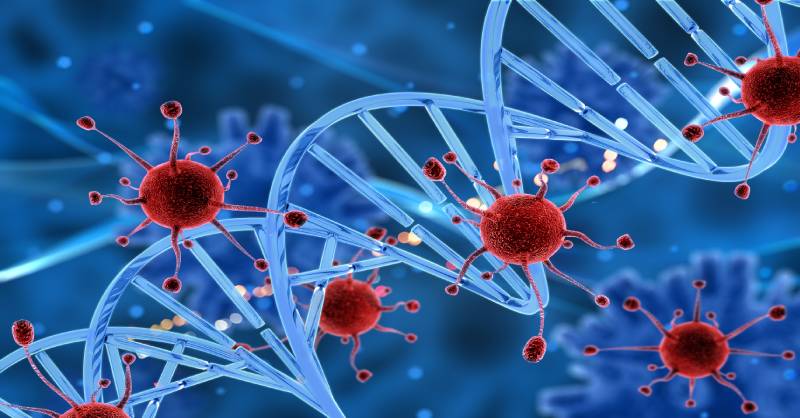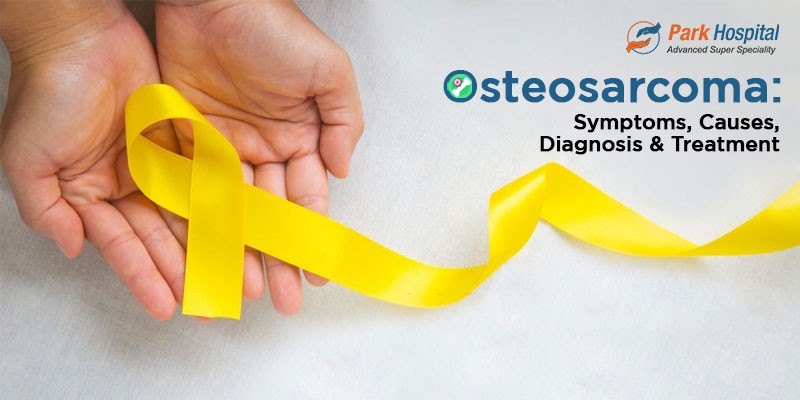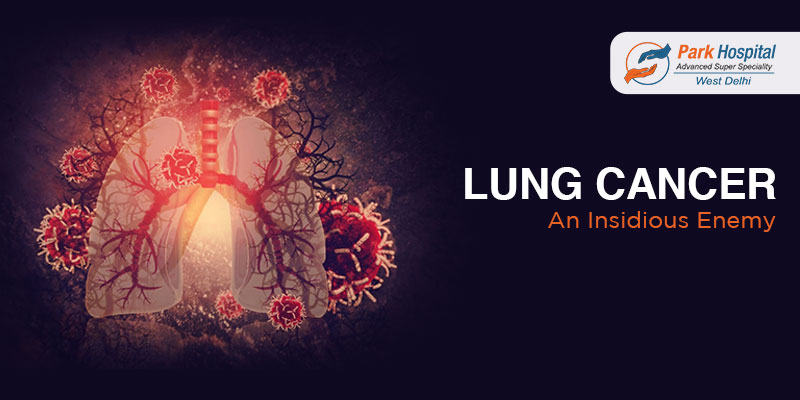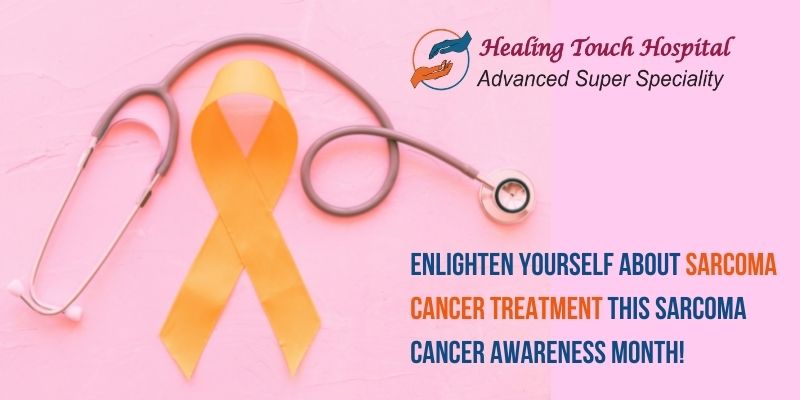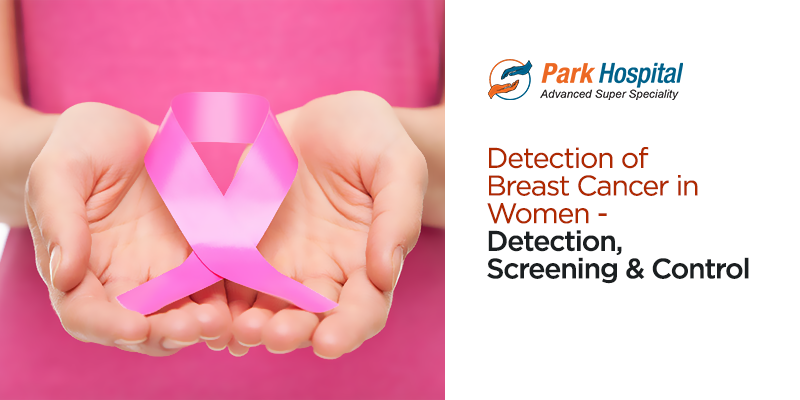Over time, our understanding of breast cancer and its causes has increased. What once was considered an unpredictable disease can now be linked to a variety of risk factors, be it genetic mutations or lifestyle choices. But it is important for you to know which of these risks requires the most of your attention as a female and what steps you can take to lower them!
As per a cancer specialist in Delhi, the possible risk factors for breast cancer can be clubbed together under a few headings to understand them better. Let's look at them one by one.
Genetic Factors
1. Family History and Genetic Mutations:
If a close relative of yours, be it a mother or sister, has undergone breast cancer treatment in their life, the chances that it may have an effect on you increases. It is because of the genetic mutations, most notably in the BRCA1 and BRCA2 genes. These genes help repair damaged DNA, but mutations can impair their function, leading to a higher likelihood of cancer development.
Hormonal Factors
2. Hormone Replacement Therapy (HRT):
The breast cancer treatment hospital explains that menstruators who perform HRT with the hopes of regulating their hormones at the time of menopause end up with an increased risk of breast cancer. This therapy is concerned with a combination of estrogen and progesterone, which can, in turn, increase the growth of breast cells and may even lead to cancerous changes. However, with the correct steps taken under professional guidance, the risk can be reduced.
3. Menstrual and Reproductive History:
If the lifetime duration of the menstrual cycle is longer than usual, the risk of breast cancer increases since the exposure to estrogen is more. Additionally, women who have their first child after age 30 or who have never had children also face a slightly higher risk.
Lifestyle Factors
4. Alcohol Consumption:
A health specialist will always inform you of how alcohol affects a lot of your health factors, let alone a cancer specialist in Delhi. Studies suggest that even moderate drinking can increase the risk, as alcohol may influence estrogen levels and promote cancer cell growth. Reducing or eliminating alcohol intake can help to eliminate this risk.
5. Physical Activity and Obesity:
If a female is obese, even after menopause, she has a high chance of getting diagnosed with breast cancer. The reason for the same is that excess body fat can increase estrogen levels, which in turn can stimulate breast cancer growth. You must make exercise a part of your weekly routine, if not the daily one.
Environmental Factors
6. Exposure to Radiation:
If your body, especially the chest area, is constantly exposed to radiation, it is not a good step towards a healthier life. This risk is notably relevant for women who have undergone radiation therapy for other cancers, such as lymphoma. While modern radiation therapy techniques aim to minimize exposure to surrounding tissues, historical treatments may still carry risks.
7. Chemical Exposure:
There are certain environmental chemicals that have been linked with the increased chances of breast cancer, including the ones found in plastic and pesticides. These chemicals act as endocrine disruptors, which can have a direct effect on the hormone levels of your body.
Personal and Medical History
8. Previous Breast Conditions:
Experienced and trustable medical professionals at a breast cancer treatment hospital confirm that a personal history of certain breast conditions, such as atypical hyperplasia or ductal carcinoma in situ (DCIS), can increase the risk of developing invasive breast cancer. These conditions involve abnormal cells that have a higher likelihood of becoming cancerous over time.
9. Age:
Age is one of the most significant risk factors for breast cancer. The risk increases as a woman gets older, with the majority of cases occurring in women over the age of 55. This heightened risk is partly due to the accumulation of genetic mutations and changes in hormone levels over time.
Conclusion
In conclusion, understanding the risk factors for breast cancer is key to prevention and early detection. While some risks, like age and genetics, can't be changed, adopting a healthier lifestyle and getting regular screenings can help reduce your chances.
At Park Hospital, we offer personalized breast cancer screening and care, ensuring that every woman receives the attention and expertise needed to manage her individual risk. With advanced diagnostic tools and a dedicated team, Park Hospital is here to support you in staying proactive about your breast health. Schedule a consultation today and take the first step toward peace of mind.

